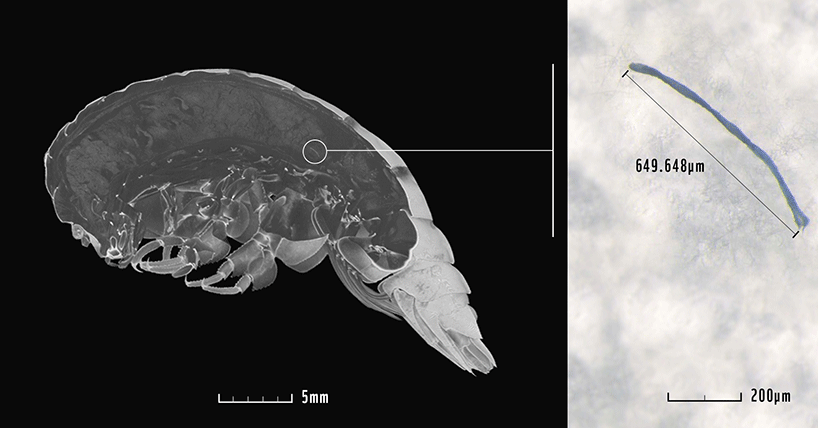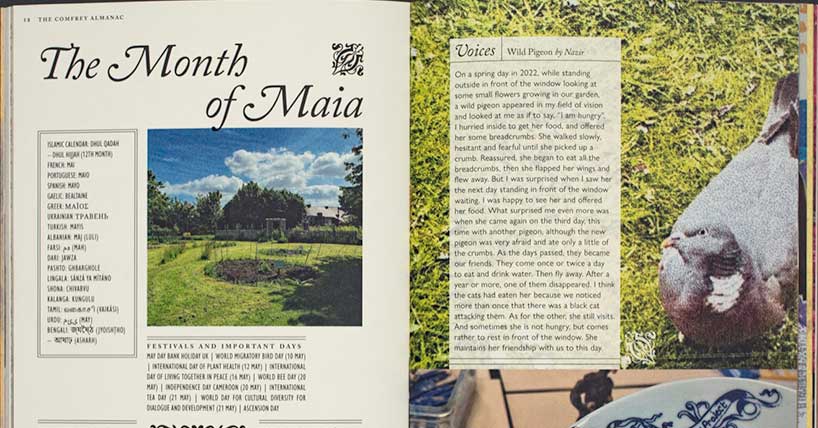Eurythenes plasticus
The new face of the plastics crisis
Published on: 5 March 2020
Newcastle University research has uncovered the presence of plastic in a new species of deep-sea amphipods which has been discovered in one of the deepest places on earth.
The amphipod - known in informal speech as a “hopper” - was discovered by researchers from Newcastle University in the Pacific Ocean’s Mariana Trench between Japan and the Philippines.
The researchers officially named the species Eurythenes plasticus in reference to the plastic it has ingested. In its body was polyethylene terephthalate (PET), a substance found in a variety of commonly used household items such as water bottles and workout clothes. The research was supported by WWF and published in the renowned scientific journal Zootaxa today (5 March).
Dr Alan Jamieson, Senior Lecturer in Marine Ecology at Newcastle University and head of the research mission, said: “We decided on the name Eurythenes plasticus as we wanted to highlight the fact that we need to take immediate action to stop the deluge of plastic waste into our oceans.”

Far-reaching consequences
Before our plastic waste finds its way into the bodies of marine animals, it often undergoes a long journey. A journey, not uncommonly starting in industrial nations, such as the UK.
Plastic waste exports frequently end up in Southeast Asia, where waste management is often insufficient or non-existent. Because most of the plastic waste cannot be recycled, it will often get burned or dumped at repositories instead. From there it finds its way into rivers and, ultimately, into the ocean. Once in the water, plastic waste breaks apart into micro plastics and spreads through the ocean where it is ingested by marine animals such as E. Plasticus.
Heike Vesper, Director of the Marine Programme at WWF Germany, said: “The newly discovered species Eurythenes plasticus shows us how far-reaching the consequences of our inadequate handling of plastic waste truly is. There are species living in the deepest, most remote places on earth which have already ingested plastic before they are even known about by humankind. Plastics are in the air that we breathe, in the water that we drink and now also in animals that live far away from human civilization.”
To end marine plastic pollution globally, we need a global solution. To achieve this goal, in 2019 WWF launched an international campaign calling for a global legally binding treaty to reduce plastic waste, improve waste management and end marine plastic pollution.
Every minute of every day at least one truck load of plastic waste enters our oceans. In order to end this tremendous onslaught of plastic waste, WWF has launched a worldwide petition, which has been signed by more than 1.6 million people across the world. Supporters can call on their governments to commit to working towards an international, legally binding treaty.
REFERENCE: New species of Eurythenes from hadal depths of the Mariana Trench, Pacific Ocean (Crustacea: Amphipoda)
JOHANNA N. J. WESTON, PRISCILLA CARRILLO-BARRAGAN, THOMAS D. LINLEY, WILLIAM D. K. REID, ALAN J. JAMIESON



